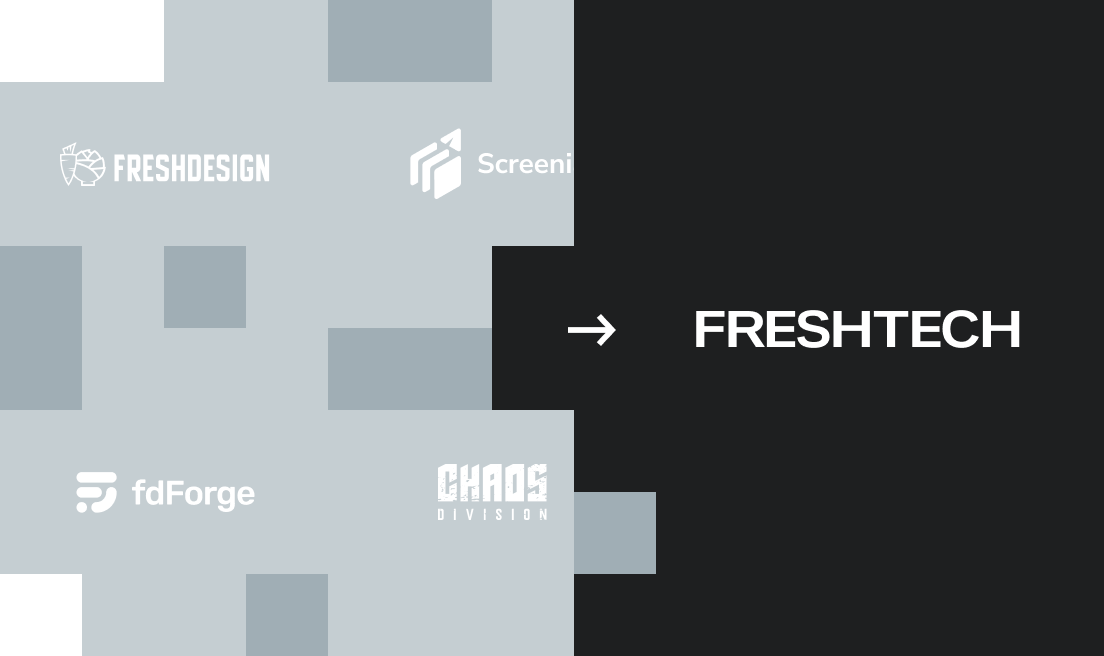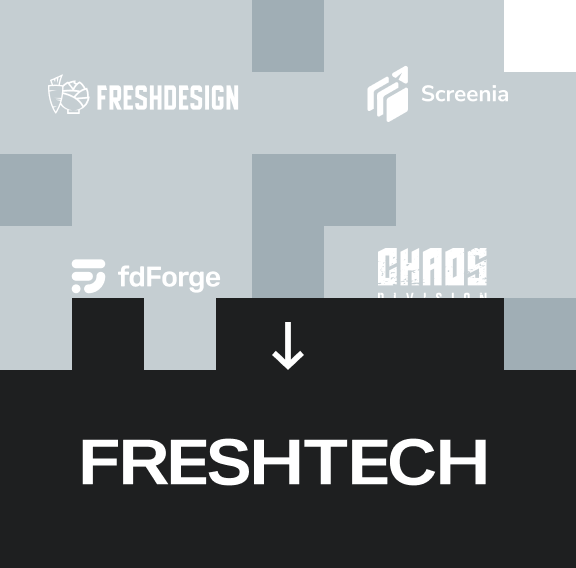Portal development
We are ready to handle the full scope of work to develop an internet portal that will be an effective tool for your business.
The portal is a web project that represents a significant amount of structured information and allows you to interact with it in various ways
We will estimate your project
Fill in the form and our specialist will contact you to assess the time and cost of development.
Features of portals
In general, the structure of portals is rather branched out, with a significant number of sections. In order to engage users in interaction with large volumes of content, portals provide many different interactive services. In developing portals, such features must be taken into account:
Flexible
scalability
Resistance to
high loads
High level of
data protection
Data analytics
and monitoring
Integration with
other systems
Comfortable
administration system
Stage 1
(1-2 weeks)
Stage 2
(3-6 weeks)
Stage 3
(3-4 weeks)
Stage 4
(8-16 weeks)
Stage 5
(1-2 weeks)
Stage 6
(1 week)
Work stages on the portal
Pre-project preparation
Stage 1
(1-2 weeks)
- the objective of the portal development, its main functionality and target audience are determined
- a monetization system is being planned
- the tasks to be performed by the portal are identified
- the general structure of the site is laid down
- a ready concept for the future project is being prepared and the work plan for the upcoming stages is being approved.
Prototyping and tech specs
Stage 2
(3-6 weeks)
- prototypes of all pages of the future portal are being developed taking into account the approved structure
- a list of all navigation elements is being prepared
- a statement of work is developed detailing all aspects and functionalities of each section of the portal
Portal design development
Stage 3
(3-4 weeks)
- portal structural diagrams are being developed
- general concept of block design on each page is planned
- a UI-kit is drawn up and all interface elements are approved
- at the end of this stage, there is a ready-made design for each of the layout pages, taking into account the ergonomics of navigation, simplicity of use and logic of information presentation
Technical part development
Stage 4
(8-16 weeks)
- the project architecture is developed taking into account the requirements and specifics of the client's activities
- a unique platform for developing and managing "fdForge" is used
- after this stage, the portal is almost ready for launch
Testing and debugging, launch of beta version
Stage 5
(1-2 weeks)
- identifying errors that may have been made during the development of the portal
- searching for errors in the logic of the main portal functionality and interaction with users
- collection of feedback from beta users
- at the completion of this stage, we can confidently say that the portal works steadily, withstands the agreed loads and is ready to serve the first visitors
Launch of the final version of the portal on the production server
Stage 6
(1 week)
- setting up the server and hosting the finished service on it
- tracking the actions of first visitors
- after launch, the main stage begins - direct functioning of the portal and its further development
- post-project support
We will estimate your project
Working in this area since 2007, we have the experience and necessary knowledge in the development of portals and other web resources.
We will be happy to discuss the details of the implementation of your particular project
Types of portals
In order for a resource to be the most efficient, it is necessary to correctly define the goals and tasks that it must achieve. Depending on this, it is possible to classify the portals into:
Corporate
On such portals, employees have access to corporate data. These are extremely customised portals that contain all the necessary tools for teamwork (chat rooms, file sharing, forums, voting, etc.)
B2B portals
Specialised resources for exchanging information and services among suppliers and consumers of services in a particular industry or destination. The main task is to provide tools for interaction automation.
Educational
Platforms aimed at automating and structuring the training process. They can be either closed (for the organisation) or general, working for free or on a subscription basis.
Governmental
Resources the main purpose of which is facilitating citizens' access to state services. A distinctive feature is the increased requirements for the safety of resources, while at the same time the special requirements for the availability of materials placed on them.
News
Information platforms that provide access to news. There are regional, thematic and general news portals. The issue of content accessibility for both users and search engines is important.
Thematic
Portals that provide specific tools or information in a specific area - eSports platforms, communities, online services and more.
Examples of our portals.
Below you can find examples of portals developed by us that differ in mechanics, direction and purpose.
More cases

